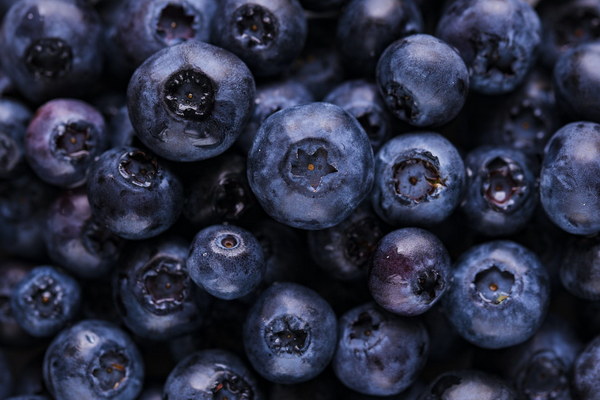Nourishing Your Gut A Gastrointestinal Delight with GutFriendly Vegetarian Cuisine
In today's fast-paced world, maintaining a healthy gut has become more crucial than ever. With the increasing awareness of the gut-brain connection, it's no surprise that the demand for gut-friendly foods is soaring. Among these, vegetarian cuisine has emerged as a game-changer for those seeking to nurture their digestive system. Here's a closer look at the benefits of incorporating gut-friendly vegetarian dishes into your diet.
The gut plays a vital role in our overall health. It's home to a vast array of bacteria, both beneficial and harmful, which can affect our immune system, mood, and even the absorption of nutrients. A balanced gut flora is essential for maintaining optimal health, and a vegetarian diet can help achieve this balance.
One of the primary benefits of a vegetarian diet is the high fiber content. Fiber is a crucial component for a healthy gut, as it helps to keep the digestive system moving smoothly. Vegetables, fruits, whole grains, nuts, and seeds are all rich in fiber, making them perfect choices for those looking to nourish their gut.
For example, leafy greens such as spinach, kale, and collard greens are packed with fiber, vitamins, and minerals. These greens can be easily incorporated into salads, smoothies, or cooked dishes to provide a gut-healthy boost.
Another gut-friendly vegetarian food is ginger. This root has been used for centuries in traditional medicine to aid digestion and reduce inflammation. Adding ginger to your meals, whether in the form of fresh slices, grated into stir-fries, or in the form of tea, can help soothe your digestive system.
Fermented foods, such as yogurt, kefir, sauerkraut, and kimchi, are also excellent for promoting gut health. These foods are rich in probiotics, which are beneficial bacteria that help maintain a healthy gut flora. Including these in your diet can help improve digestion, reduce bloating, and boost your immune system.
In addition to fiber, probiotics, and ginger, there are several other vegetarian foods that can help nourish your gut:
1. Chia seeds: These tiny seeds are a powerhouse of nutrients, including omega-3 fatty acids, protein, and fiber. They also contain prebiotics, which help feed the beneficial bacteria in your gut.
2. Lentils: Lentils are an excellent source of fiber, protein, and iron. They're also rich in prebiotics, which can help support a healthy gut flora.

3. Berries: Berries, such as strawberries, blueberries, and raspberries, are high in antioxidants and fiber, making them a great addition to your gut-friendly vegetarian diet.
4. Artichokes: These leafy vegetables are rich in fiber, vitamins, and minerals. They also contain compounds that help stimulate bile production, which can improve digestion.
5. Green tea: Green tea is packed with antioxidants and polyphenols that can help reduce inflammation and promote a healthy gut.
Incorporating these gut-friendly vegetarian foods into your diet can have a significant impact on your digestive health. However, it's essential to remember that a well-rounded diet is key to a healthy gut. Here are some tips to help you incorporate these foods into your daily meals:
1. Start your day with a fiber-rich breakfast, such as a bowl of oatmeal topped with berries and chia seeds.
2. Add a variety of vegetables to your salads and cooked dishes, focusing on leafy greens, ginger, and artichokes.
3. Snack on fermented foods, such as yogurt or kefir, to keep your gut flora balanced.
4. Drink green tea throughout the day to reap its health benefits.
5. Make lentils a regular part of your diet by adding them to soups, stews, and salads.
By following these tips and incorporating gut-friendly vegetarian foods into your diet, you can nourish your gut and enjoy a healthier, happier life. Remember, a healthy gut is a happy gut!









